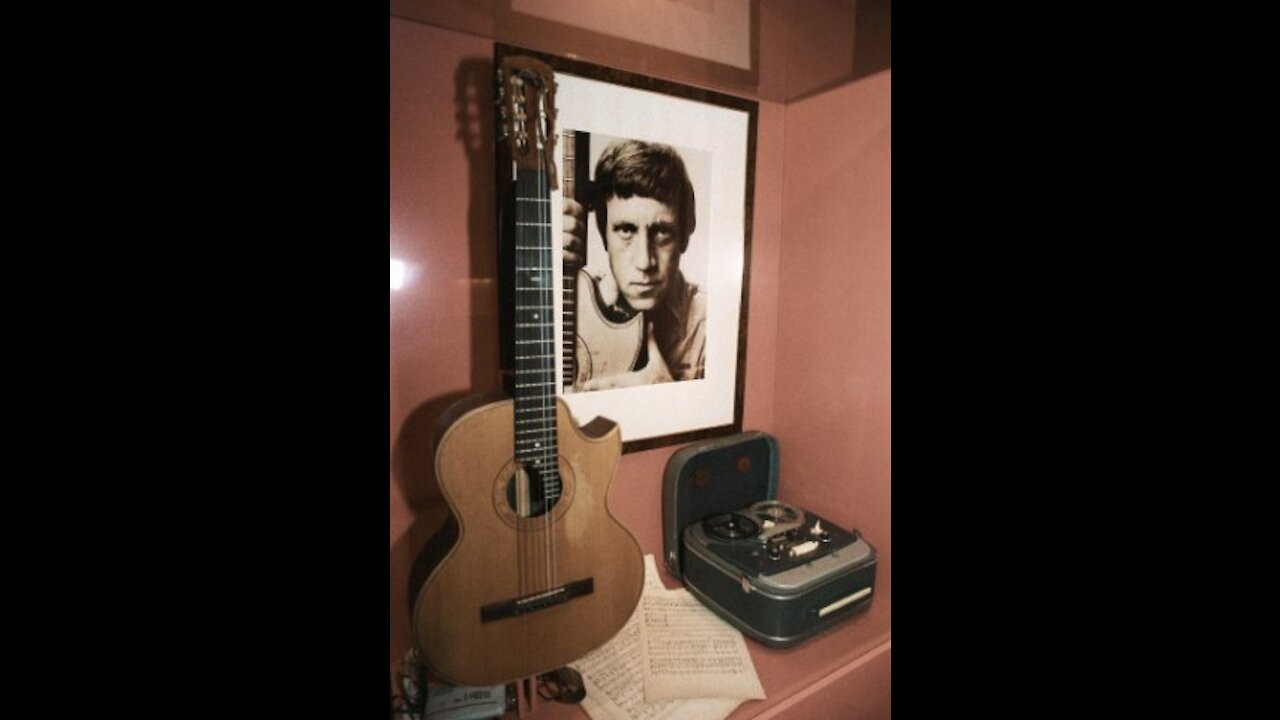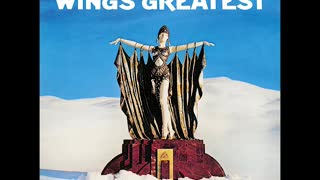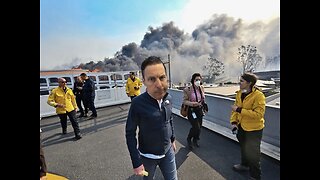Premium Only Content

Vladimir Vysotsky (Владимир Высоцкий) - The Greatest Soviet Poet.
******************
More info about Vladimir Vysotsky is here: http://en.wikipedia.org/wiki/Vladimir...
#########
http://www.sem40.ru/rest/rumour/14788/
##############
Translation of his songs are here:
http://www.wysotsky.com/0002/000.asp?...
#######################
You can listen songs of The Greatest Soviet Poet on My Channel. If anyone wants to re-upload my videos on his Channel,- You have my permission to do so. Vladimir Vysotsky"s Creativity is belong to All..!
#####################
Если кто-нибудь хочет "повесить" любой из моих роликов на свой Channel,-пожалуйста, я не возражаю.. Творчество Высоцкого принадлежит всем!
###################################
Посмотрите:
http://rutube.ru/tracks/2636256.html?...
##################################
Vladimir Semyonovich Vysotsky (Russian: Влади́мир Семёнович Высо́цкий, Vladimir Semyonovich Vysotskyj) (January 25, 1938 July 25, 1980) was an iconic Soviet and Russian singer, songwriter, poet, and actor of mixed Jewish [1] and Russian descent whose career had an immense and enduring effect on Russian culture..
Though his work was largely ignored by the official Soviet cultural establishment, he achieved remarkable fame during his lifetime, and to this day exerts significant influence on many of Russia's popular musicians and actors who wish to emulate his iconic status.
Vladimir Vysotsky was born in Moscow. His father was a Jewish career army officer (Colonel). His mother was a Russian German language translator.
In 1955, Vladimir enrolled in the Moscow Institute of Civil Engineering, but dropped out after just one semester to pursue an acting career. In 1959, he started acting at the Aleksandr Pushkin Theatre where he had mostly small parts.
###################################
He died in Moscow at the age of 42 of heart failure on July,25,1980.
Vysotsky's body was laid out at the Taganka Theatre, where the funeral service was held. He was later buried at the Vagankovskoye Cemetery in Moscow. Thousands of Moscow citizens left the stadiums (as it was the time of the Olympics) to attend the funeral. Although no official figure was released, it was later estimated that over 1,000,000 (one million) people attended Vysotsky's funeral,[3] almost as many as that of Pope John Paul II in 2005. The Soviet authorities, taken aback by the unexpected impact on the masses of the death of an underground singer, ordered troops into Moscow to prevent possible riots.
########
In years to come, Vysotsky's flower-adorned grave became a site of pilgrimage for several generations of his fans, the youngest of whom were born after his death. His tombstone also became the subject of controversy, as his widow had wished for a simple abstract slab, while his parents insisted on a realistic gilded statue. Although probably too serious to have inspired Vysotsky himself, the statue is believed by some to be full of metaphors and symbols reminiscent of the singer's life. One of the most obvious symbols is the angel-like wings that wrap the statue's body. The angel wings are supposed to symbolize Vysotsky's importance to all oppressed peoples; they are wrapped around his body to represent the fact that he was never allowed to fully spread his talent and flourish during his lifetime due to the oppressive regime. Another symbol is the two horse heads, which might refer to his landmark song "Koni Priveredliviye".
###############
Every year on Vysotsky's birthday, festivals are held throughout Russia and in many communities throughout the world, especially in Europe. Vysotsky's impact in Russia is often compared to that of Bob Dylan in America, or Brassens and Brel in France..
-
 0:14
0:14
Perfect Faith Shorts
4 years ago $0.01 earnedOur Greatest Privilege.
116 -
 51:45
51:45
BEATLEMAN
4 years ago $0.11 earnedWINGS GREATEST HITS
292 -
 0:11
0:11
JDH1229
4 years ago $0.02 earnedGreatest campfire ever
8141 -
 4:36
4:36
NextBoss
4 years agoMy Greatest Pain!
15 -
 5:50
5:50
Mark Levin Show
4 years agoAmerica's Greatest Ally
10.5K73 -
 3:44:31
3:44:31
BigTallRedneck
4 hours agoBRRRAP PACK HALO TOURNAMENT
13.9K -
 LIVE
LIVE
AgnoLand
4 hours ago🔴 SATURDAY NIGHT OPS | BATTLEFIELD 6 LIVE — PRECISION · CONTROL · CHAOS
67 watching -
 4:03:00
4:03:00
TonYGaMinG
7 hours agoARC RAIDERS - DUOS WITH MRR4GER
16.7K1 -
 1:32:57
1:32:57
Jeff Ahern
6 hours ago $12.58 earnedThe Saturday Show with Jeff Ahern
66.4K25 -
 LIVE
LIVE
Fennis The Gently Devil
3 hours ago $0.37 earnedTHE BRRRAP PACK: Halo Classic Tournament (commentator's seat)
42 watching